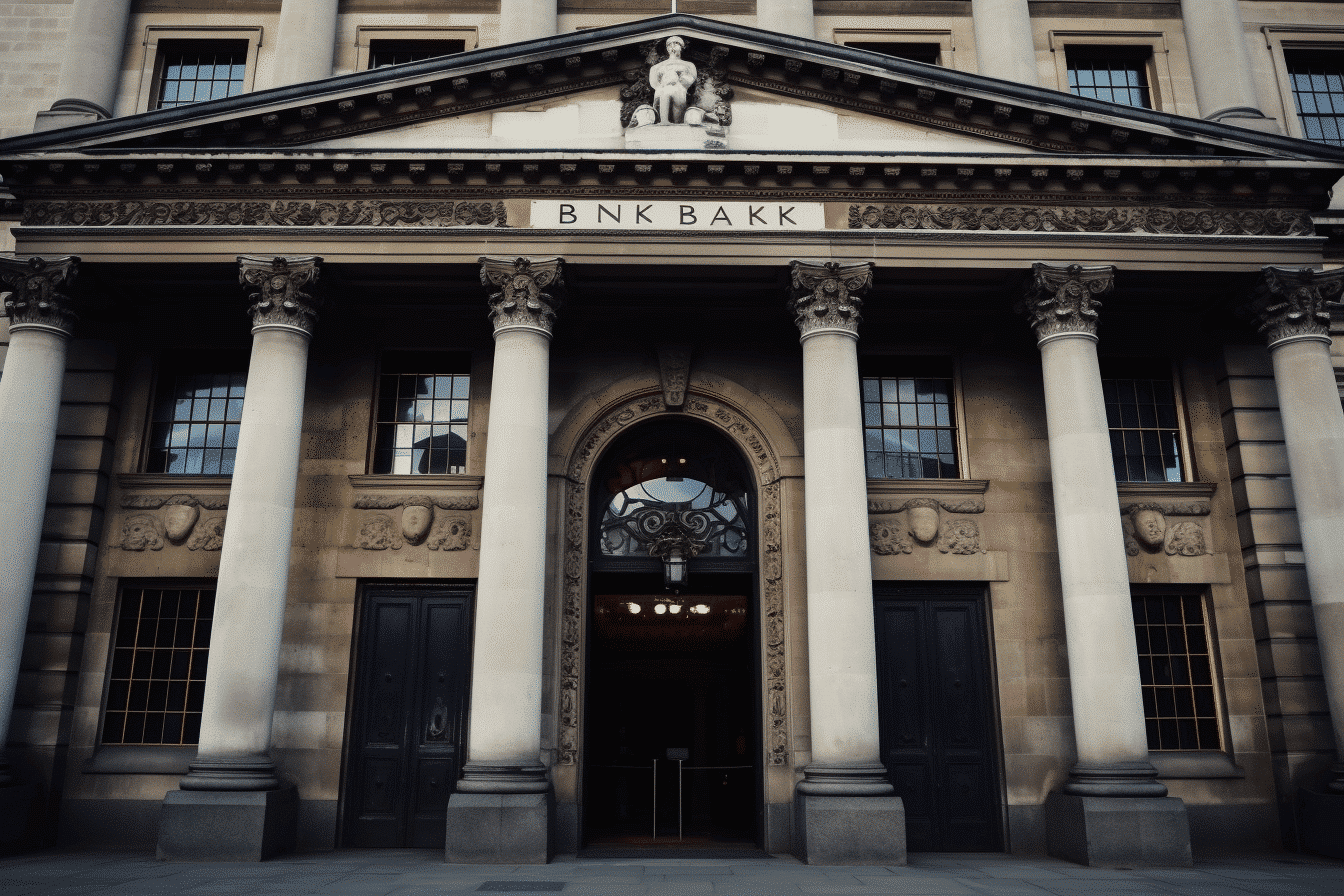In an unexpected and bold move, Turkey’s central bank raised its primary interest rate by a significant 7.5 percentage points, reaching 25% on Thursday. This decision marks a renewed commitment to counter the escalating inflation, highlighting a significant shift in economic policies.
This recent rate is the highest observed since 2019, propelling the Turkish lira to its most robust stance against the US dollar since the middle of July.
The bank’s policy committee reiterated its stance on tightening the monetary policy “in a timely and step-by-step manner” to stabilize the surging inflation, which peaked at an alarming 48% the previous month.
Financial experts view this decision as a definitive transition towards more conventional economic strategies after a prolonged period of unconventional policies during President Tayyip Erdogan’s tenure. This move is anticipated to regulate soaring inflation rates effectively.
The lira, having hit record lows consistently in the preceding weeks, surged over 3% against the dollar following the announcement and stood at 26.41 at 08:05 a.m. ET.
Contrary to the central bank’s decision, a recent Reuters survey had forecasted that the rates might only reach 20%. Some even anticipated a more cautious approach, especially considering the bank’s modest moves over the last couple of months. The same survey hinted that such a substantial rate increase wasn’t expected until year’s end.
Piotr Matys, a senior FX analyst at In Touch Capital Markets, commented on the move stating it “conveys a robust message of the bank’s commitment to manage inflation,” and noted the market’s positive initial response. Yet, there’s speculation about whether this decision had the endorsement of President Erdogan.
Post his May re-election amidst an economically challenging backdrop, Erdogan appointed former Wall Street banker Hafize Gaye Erkan as the central bank’s leader. This was amid dwindling foreign currency reserves and heightened inflation concerns. Further, in July, he introduced three new policymakers to the bank: Osman Cevdet Akcay, Fatih Karahan, and Hatice Karahan. This change was perceived as a sign that independent economists might take a more aggressive stance on the persistent inflation, which has consistently exceeded the official target of 5% for several years.
Previously, Erdogan’s aggressive campaign to cut down interest rates triggered a currency debacle in 2021, pushing inflation beyond 85% that year. Over the past two years, the currency has plummeted approximately 68%, majorly attributed to Erdogan’s vocal disapproval of high rates and his influence over the central bank’s operations.
In the ever-evolving landscape of global finance, Turkey’s recent aggressive measures showcase a dynamic shift towards stabilizing its economy. This adjustment in interest rates, although unexpected, indicates a readiness to embrace conventional strategies, possibly ensuring a more stable economic future for the nation. While it remains to be seen how the long-term effects will pan out, the market’s immediate positive reception offers a ray of hope in these turbulent economic times.




